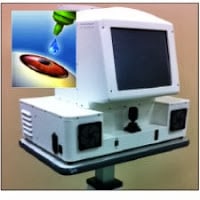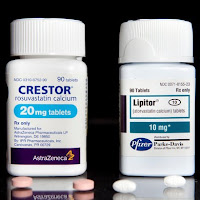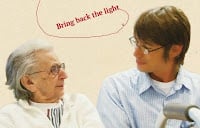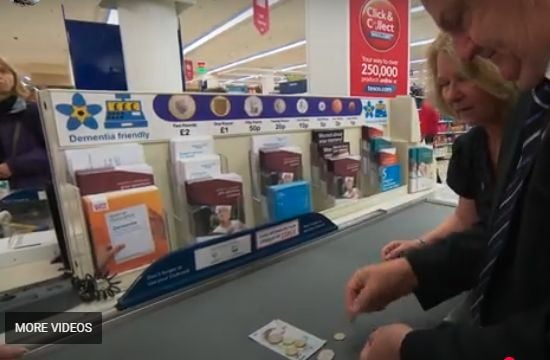
Players Are 19 Times as Likely to Develop Dementia
NFL researchers find that football players may end up with dementias such as CTE and Alzheimer’s NINETEEN TIMES more often than normal. Watch and learn more.

NFL researchers find that football players may end up with dementias such as CTE and Alzheimer’s NINETEEN TIMES more often than normal. Watch and learn more.

When music icon Glen Campbell was diagnosed with Alzheimer’s, he was told to hang up his guitar and prepare for the inevitable. Instead, Glen and his wife, Kim, went public with the diagnosis and announced that he and his family would set out on a Good Bye Tour. See what happened.

This simple eye test has the potential to change the way Alzheimer’s is detected and managed. Find out how this quick, easy-to-use, low cost & accurate technology for non-specialists will vastly improve the standard of care for people with Alzheimer’s.

Statins certainly seem to lower the risk of Alzheimer’s. On the other hand, they can sometimes cause temporary memory loss, which does go away if one stops the statins. Find out what you need to know to strike the right balance.

ABC News interviews Dan Cohen, the founder of Music and Memory. See how donated iPods can battle dementia via personalized playlists.

See how this Alzheimer’s-test from Northwestern University uses celebrity faces to detect dementia. Find out how well it works.

Fat, middle aged people are 3.6 times as likely to develop memory loss and dementia. See the research that reveals why.

“Do You Know What My Name Is?” produced by Sendai Television Inc., depicts an emotional real life drama of how a “dementia improvement program” was implemented in Ohio.

The movie “I’LL BE ME” tells the story of music legend Glen Campbell. His life, his music and the extraordinary 151-city “Goodbye Tour” de force that’s made him a hero.

See how a pioneer ‘buddy’ program at Northwestern University pairs medical students with Alzheimer’s patients. Watch now.

Learn how a personalized Alzheimer’s Weekly Newsletter can boost donations in your not-for-profit dementia organization.

INNOVATION – VIDEO: A big supermarket launched a ‘relaxed’ checkout lane to make life a little less stressful for people with dementia and other vulnerable people.

VIDEO + ARTICLE: Residential areas with more green space were associated with faster thinking, better attention, and higher overall cognitive function in a federal study. Learn more.

SHORT-TERM MEMORY lapses are obvious signs of Alzheimer’s, but other tell-tale signals begin to show much earlier. Learn how to look for semantic impairments, such as simple questions about size.

Three important dementia studies focus on HS-AGING, a type of dementia almost as common as Alzheimer’s in the 85+ group. Yet few people have heard of it. Why? What makes it different?

An intriguing study of 120 grandmothers might surprise you. Doctors know socially engaged people have better cognition and less dementia. But can a person get too much of a good thing? What’s the right balance?

Enjoy this great duet between a musician with dementia and his son. A triumph of spirit over Alzheimer’s! Sing-a-long if you like!
No spam, only news and updates.


